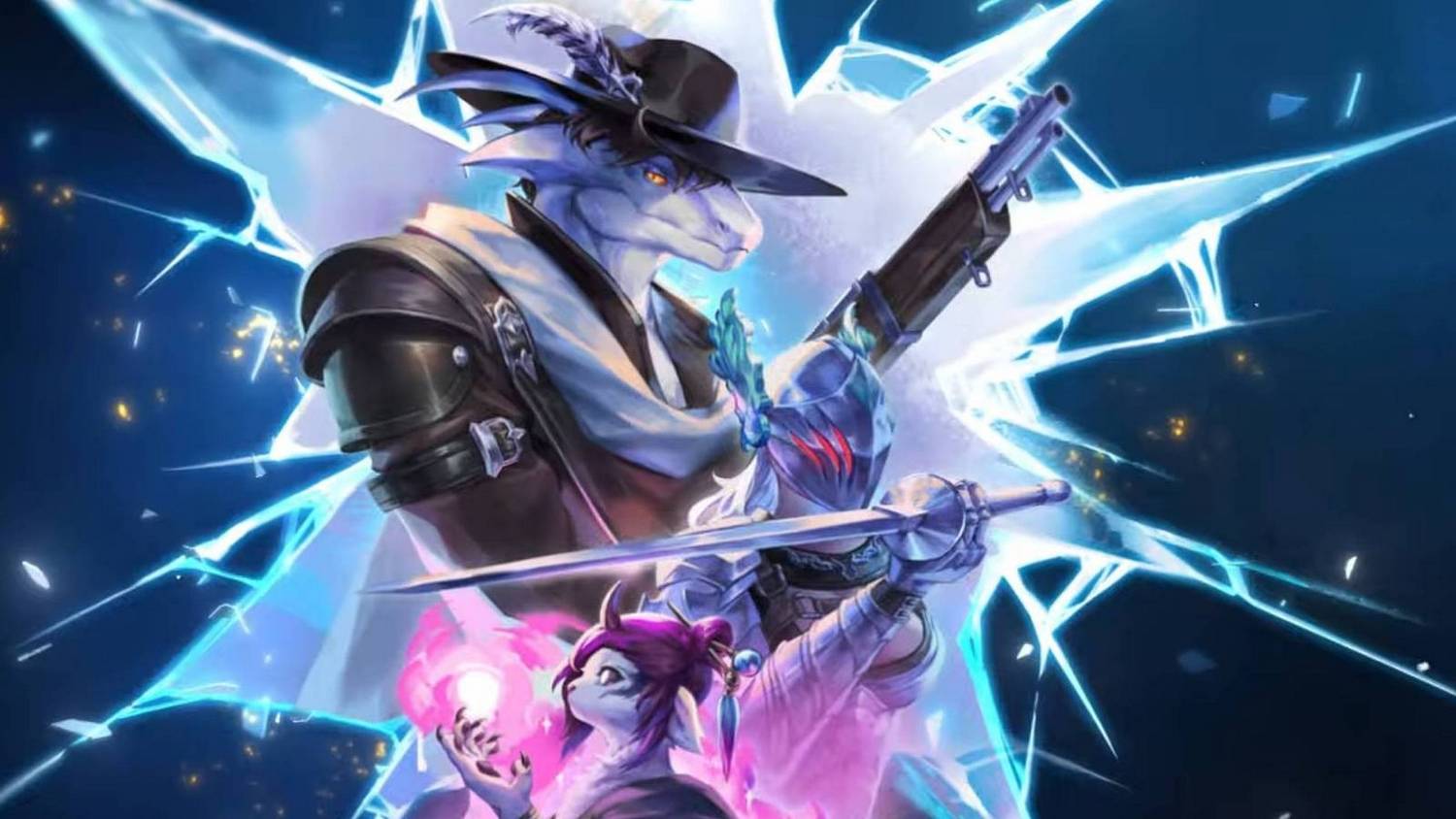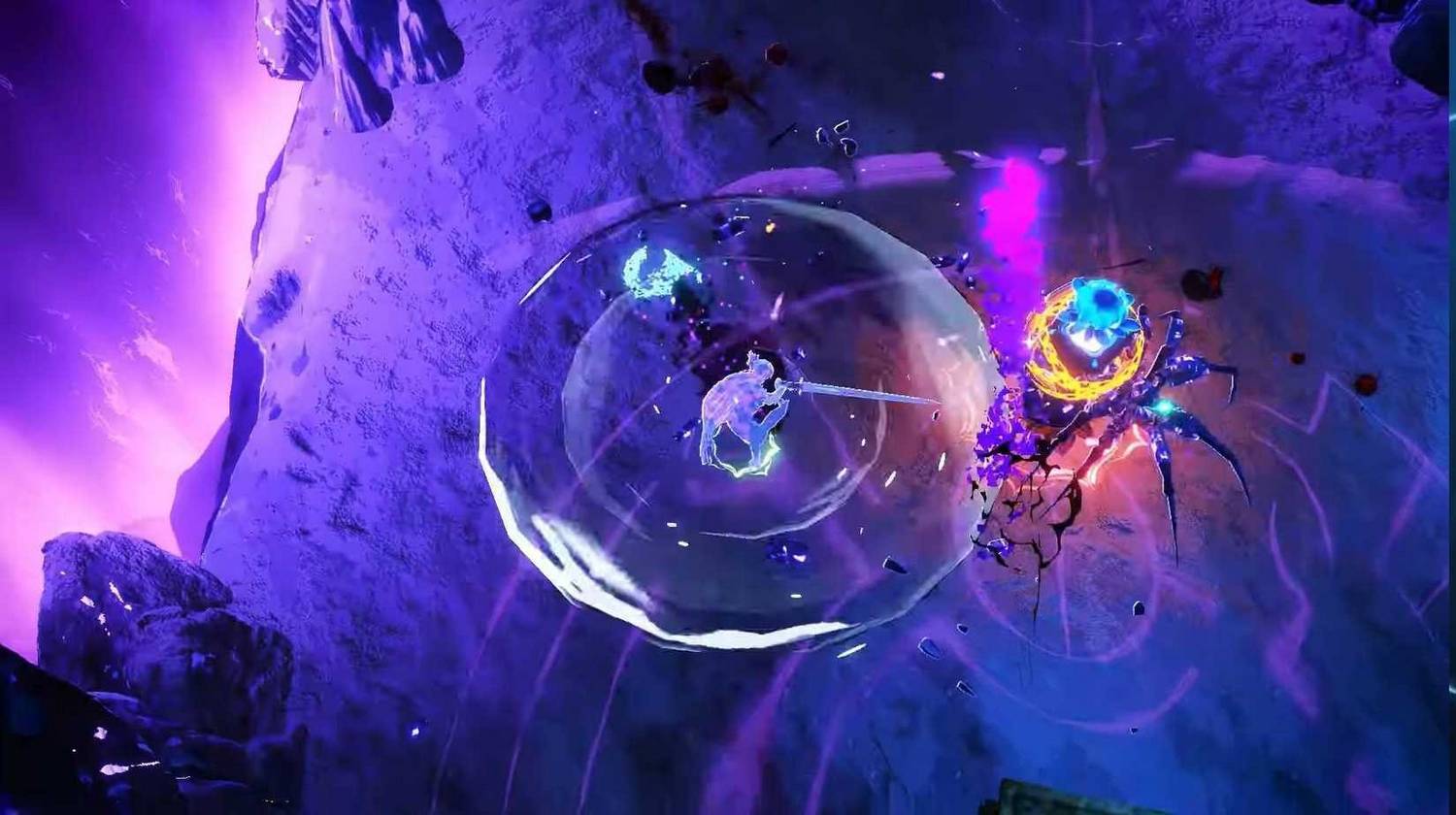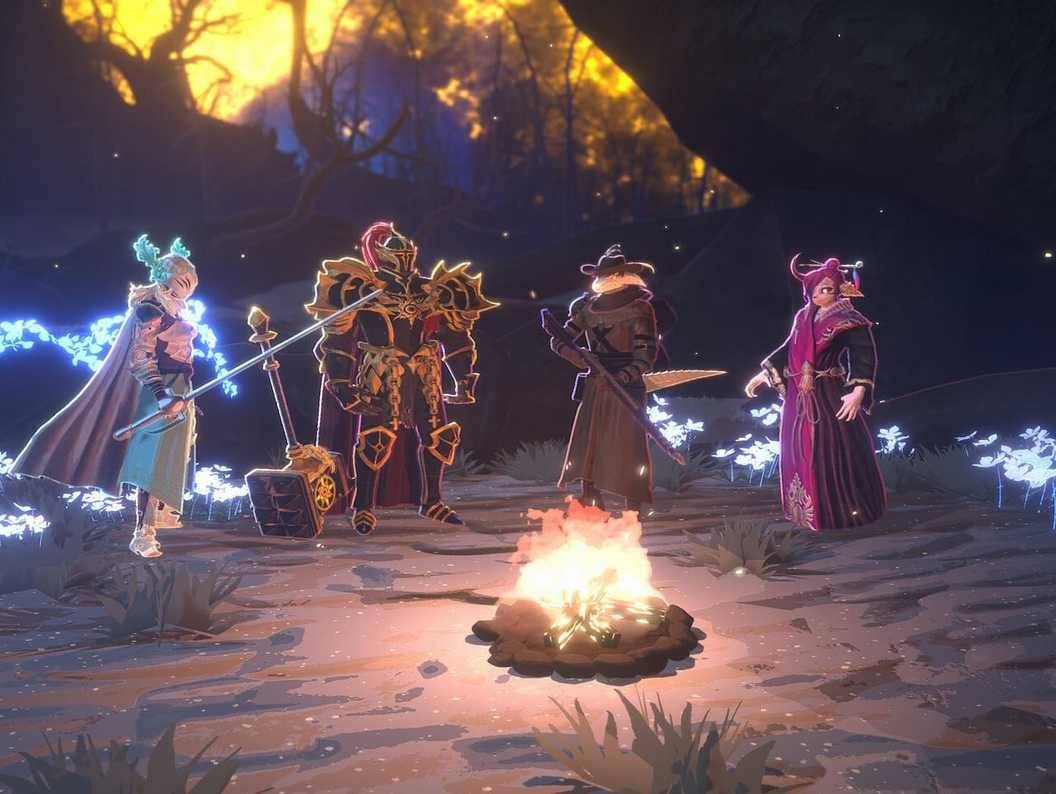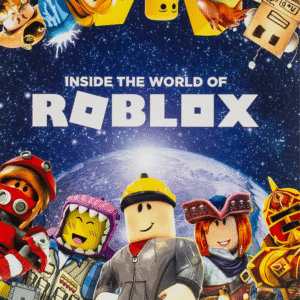From Demo Darling to Launch Disaster: Why Shape of Dreams Opened to Mixed Reviews
Popular Now
 EA SPORT FC 25
EA SPORT FC 25
 Sonic the Hedgehog™ Classic
Sonic the Hedgehog™ Classic
 Brawl Stars
Brawl Stars
 Call of Duty
Call of Duty
 League of Legends
League of Legends
 Fall Guys
Fall Guys
 Stumble Guys
Stumble Guys
 Schedule I
Schedule I
 Auto X Drift Racing 3
Auto X Drift Racing 3
 R.E.P.O
R.E.P.O
 In the highly competitive world of indie game development, a successful demo can be the difference between a cult hit and a commercial flop. For developer Lizard Smoothie, their anticipated roguelite Shape of Dreams seemed destined for the former. The game’s demo, which had been available on Steam since May 2024, was a critical and a fan favorite, praised for its “tight control scheme,” its unique “MOBA-style combat with an action-roguelite gameplay loop,” and its seemingly endless replayability. The demo was so beloved that some players logged over 80 hours into it, a powerful signal of a high-value product that was poised for a breakout. However, the full launch of the game on September 11, 2025, has been met with a disappointing “Mixed” review score on Steam, with a tidal wave of negative feedback centered on one central issue: sweeping, last-minute changes that have fundamentally altered the game from the demo, creating a more grind-heavy, live-service-style experience that has alienated the very community that was meant to be its core audience.
In the highly competitive world of indie game development, a successful demo can be the difference between a cult hit and a commercial flop. For developer Lizard Smoothie, their anticipated roguelite Shape of Dreams seemed destined for the former. The game’s demo, which had been available on Steam since May 2024, was a critical and a fan favorite, praised for its “tight control scheme,” its unique “MOBA-style combat with an action-roguelite gameplay loop,” and its seemingly endless replayability. The demo was so beloved that some players logged over 80 hours into it, a powerful signal of a high-value product that was poised for a breakout. However, the full launch of the game on September 11, 2025, has been met with a disappointing “Mixed” review score on Steam, with a tidal wave of negative feedback centered on one central issue: sweeping, last-minute changes that have fundamentally altered the game from the demo, creating a more grind-heavy, live-service-style experience that has alienated the very community that was meant to be its core audience.
 The Grind that Killed the Dream
The Grind that Killed the Dream
The most significant and frustrating change from the demo to the full release is the new progression system. The demo was designed to feel like a complete and satisfying experience, with a steady flow of unlocks and a sense of progression that was both rewarding and fun. The full release, however, has introduced a series of roadblocks that have made the game feel like a tedious chore. As one review on Steam pointed out, the game now feels like it was “purposefully designed to feel like a live-service title.” The core issue is the new “Stardust” currency, which is required to unlock skills. Players are now forced to grind to level up each of the game’s eight characters individually to level 60 to access their full set of abilities, and then they must also grind for Stardust to actually unlock them. This two-tiered grind was not present in the demo, and it has soured the experience for many players who felt they were being punished for their loyalty. The fact that some daily missions are also now “time-gated” has only added to the frustration, with many players feeling that the game is now designed to stretch out the playtime rather than to be a fun and engaging experience. This is a classic example of a developer misinterpreting a positive reaction to a demo as a signal to add more monetization and grind to the final product, a move that almost always backfires.
 A Developer’s Acknowledgment and a Community’s Mistrust
A Developer’s Acknowledgment and a Community’s Mistrust
In a surprising and welcome move, developer Lizard Smoothie was quick to respond to the initial backlash. In a public statement on Steam, they “humbly acknowledge where we fell short” and promised to make a series of changes, including improving the “Stardust acquisition rate” and increasing the rate at which characters level up. While this is a step in the right direction, it has not been enough to completely win back the community’s trust. Many reviews have called the changes a form of “false advertising,” arguing that having a publicly available demo that plays one way and a full release that plays another is a breach of trust between the developer and the community. The game’s demo was not a time-limited experience; it was a long-running, playable version of the game that, for many, was the primary reason they decided to purchase the final product. The fact that the full game is so different from what they were promised has left a bitter taste in the mouths of many fans. The controversy is a clear reminder of the importance of transparency in game development, and the risk of making fundamental changes to a game after a successful public demo. For now, the game remains with a “Mixed” review score, and it will take more than a few patches for the developers to regain the trust of a community that feels it was intentionally misled. The story of Shape of Dreams is a cautionary tale for all game developers, a powerful signal that in a world of online reviews and community forums, a positive first impression is easy to lose, and a negative one is hard to shake.










